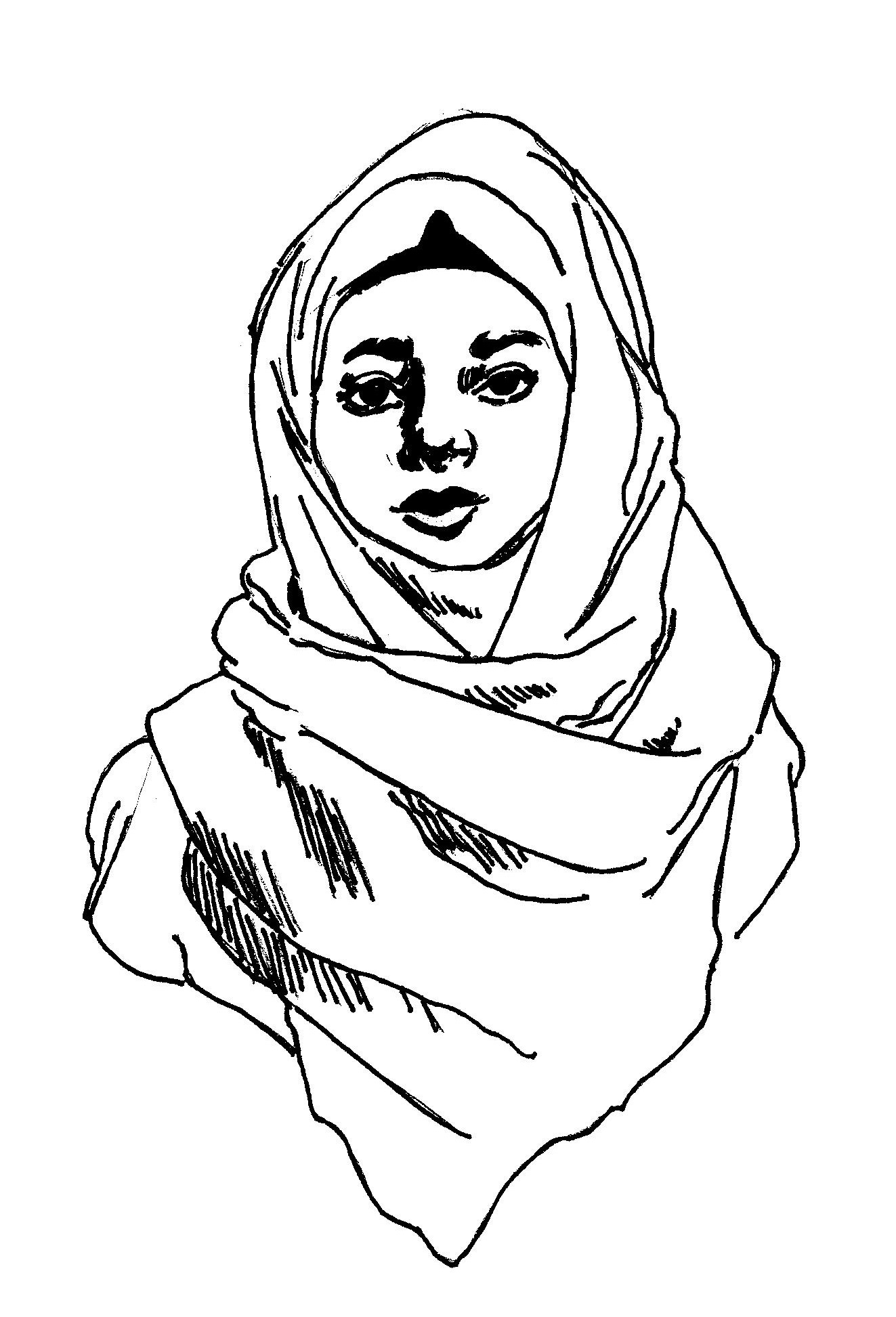 Illustration by Corey BrightAlice Grissom - Staff Writer
Illustration by Corey BrightAlice Grissom - Staff Writerealiceg@uab.edu
On Nov. 17, Zaher Sahloul, M.D., of the Syrian American Medical Society and his wife Suzanne Akhras Sahloul, of the Syrian Community Network, spoke to an audience about the current situation in war-torn Aleppo.
The event, hosted by United Muslim Relief Birmingham, the Birmingham Islamic Society, SAMS, the Syrian Community Network and supported by UAB’s Institute for Human Rights, featured a screening of the Netflix Original documentary “The White Helmets.”
Chicago doctor Zaher Saloul is the former senior advisor to the 16-year-old humanitarian organization SAMS, which sends doctors, medical supplies and funds from the United States to Syria. Since the beginning of the Syrian crisis in 2011, their budget has increased from $70,000 to $30 million, and they have grown from sending just five physicians to visit refugee camps to funding hospitals within the besieged walls of Aleppo.
Despite this aid, the situation is dire for both doctors and patients in Syria, as the Syrian government increasingly targets hospitals and schools, according to Saloul. The situation is especially dangerous for the communities throughout Syria that are under siege, such as the eastern part of Aleppo, whose citizens are experiencing a process described by Saloul as a “slow death” due to starvation and lack of resources. He credits the heightening devastation to a growing lack of medical supplies.
“This is the worst humanitarian crisis of our lifetime,” Saloul said. “The scale of the crisis is to an extent that it is affecting not only the Syrian region but the whole world.”
Even if Syrians manage to make it out of the war zone and into the United States, their difficult journey isn’t over. Once in America, refugees often face isolation and bias, conditions that prompted Suzanne Saloul to break away from SAMS and begin the Syrian Community Network to “support and welcome refugees” in 2013.
The Syrian Community Network aims to “empower Syrian refugees in achieving a seamless transition and relocation to the United States through connecting people to the right services and networks,” according to Saloul. The SNC was recently recognized as one of the top seven organizations making a difference in Chicago, which Saloul hopes to continue by pairing refugees and resident families together in mentor programs and integrating refugees into Chicago community events like marathons and art shows.
Described by Farook Chandiwala of the Birmingham Islamic Society as “a real tearjerker,” “The White Helmets” chronicles the daily activities of members of the volunteer-based humanitarian aid and rescue organization known as the White Helmets. The volunteers operate throughout Syria, but the documentary focuses on the difficulties of a squadron based in war-torn Aleppo.
Freshman Public Health major, Katelyn Bryant, deemed the documentary “eye-opening.”
“It’s so much worse than what the American media portrays,” Bryant said. “The documentary showed the atrocities that are happening. It’s such a tragedy.”
A few students commented on the discrepancy between common perception of the situation in Syria and what they had learned at the event.
“When we do hear about [the Syrian crisis], the focus is on ISIS. People usually aren’t sympathetic to refugees because they’re afraid for their selves out of a misguided and incorrect fear of refugees,” freshman Public Health major Sloan Oliver said.
Ali Darwish, a Syrian refugee and UAB Ph.D. candidate, urged students to action.
“We are witnessing a mass massacre. It’s very important to support SAMS and help them reach out to their hospitals,” Darwish said. “The government of the United States has to force the Russians to accept a no-fly zone over Aleppo, and to enable humanitarian aid to reach those in need.”


